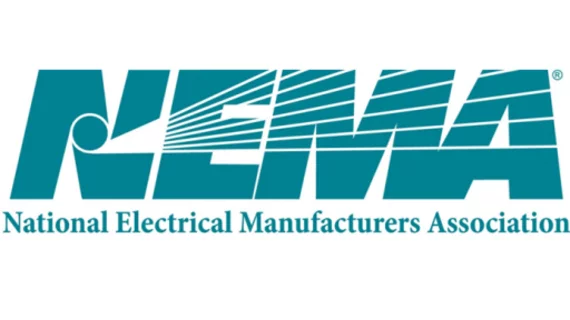NEMA urges Trump administration to lessen collateral damage from China tariffs
The National Electrical Manufacturers Association (NEMA) urged the Trump administration to avoid implementation of additional 25 percent tariffs on products imported from China, including medical imaging equipment.
The tariffs would accompany existing tariffs on more than 100 electrical and medical imaging products imported from China, according to a NEMA news release.
At least 30 of the total 284 products from China that could face the 25 percent tariffs are of direct interest to NEMA members. If implemented, the proposed tariffs would be in addition to the $2 billion in tariffs already implemented earlier this month on 100 type of NEMA-scope products and inputs, wrote NEMA Director for Trade and Commercial Affairs Craig Updyke in testimony to the Office of U.S. Trade Representative (USTR).
"The benefits of openness to international trade are diminished to the extent that trading partners violate internationally agreed trade rules and norms, so NEMA supports USTR actions to defend markets from unfair practices," said NEMA President and CEO Kevin Cosgriff in a prepared statement.
"We would suggest that steps taken should minimize collateral damage associated with higher tariffs and be narrowly targeted and time-limited so as to produce negotiated outcomes that restore and, whenever possible, advance openness and fairness. If the purpose of these tariffs is to get the other party to the negotiating table, our industry for one would like to know when those negotiations are to begin."

